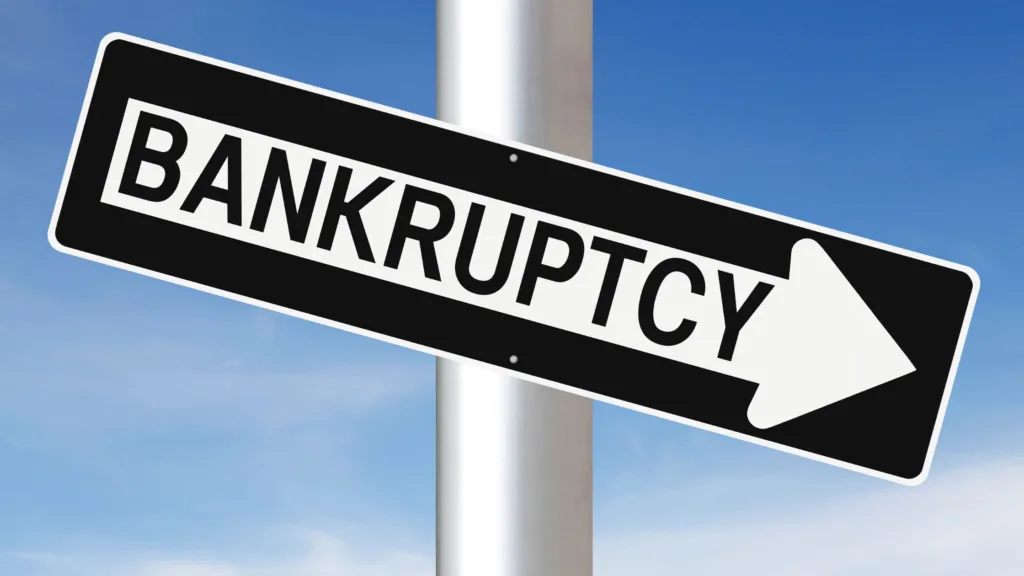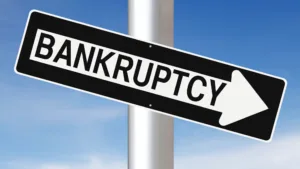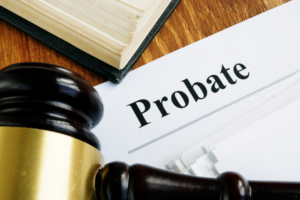In a dynamic business landscape such as the one in Florida, it is important to familiarize oneself with the details of bankruptcy proceedings to help safeguard your business.
Below, you will find a comprehensive guide which you can use to navigate through the fundamentals of bankruptcy in the Sunshine State.
The Types of Bankruptcy in Florida
Florida law recognizes various types of bankruptcy; however, in this article we will only discuss Chapter 7 and Chapter 11. Each comes with its unique implications and requirements. Understanding these distinctions is the first step in formulating a robust defense strategy.
Chapter 7:
In this Chapter, the debtor works towards discharge of their debt. A Trustee is appointed who will administer the debtor’s estate for the benefit of creditors. What makes a Chapter 7 Bankruptcy popular with debtors is that once discharged, the debtor does not repay its creditor(s).
Chapter 11:
This Chapter is also commonly referred to as “Reorganization.” That is because Chapter 11 allows the debtor to repay its creditor(s) and reorganize its affairs. While individuals as well as businesses can file for Chapter 11, most commonly it is businesses that choose to file this Chapter.
Evaluating Your Company’s Financial Position
Before diving into the intricacies of bankruptcy law, it is important to review and familiarize yourself with your company’s financial health. Identifying potential red flags early on allows for proactive measures to mitigate risks.
The Automatic Stay: A Shield for Your Business
Filing for bankruptcy initiates an “automatic stay” that shields your business from creditor actions. This legal stay or injunction prevents creditors from pursuing debt collection activities, offering a crucial breathing space for restructuring.
Crafting a Sound Reorganization Plan
For businesses that opt to file a Chapter 11 Bankruptcy, devising a sound reorganization plan is pivotal. The plan will outline how your company intends to navigate through financial challenges, addressing concerns of creditors and the court.
Protecting Your Assets and Interests
Many people fear filing for bankruptcy. However, it is important to note that this is a right given by Congress which is meant to help and protect people and businesses. The most common misconception is that once you file for bankruptcy, you will lose everything. Understanding the exemptions and protective measures available in Florida allows you to safeguard crucial assets, ensuring the continuity of essential business operations.
Seeking Professional Legal Counsel
Navigating through the complexities of Florida bankruptcy law is a daunting task. Adhering to the specific procedures outlined by Florida bankruptcy courts is essential. Timely and accurate submission of required documents is critical to a smooth and successful bankruptcy process.
In the realm of Florida bankruptcy, preparation and strategic decision-making are paramount. With a thorough understanding of the basics and the right legal guidance, you can chart a path forward, steering your business toward financial recovery.
Therefore, seeking the expertise of a seasoned bankruptcy attorney is not just advisable but often instrumental in ensuring the best possible outcome for your business.
Alternatives to Bankruptcy
Bankruptcy might not be the only solution. Exploring alternative strategies, such as debt negotiation or restructuring, can provide viable options to alleviate financial strain without going through a formal bankruptcy process.


